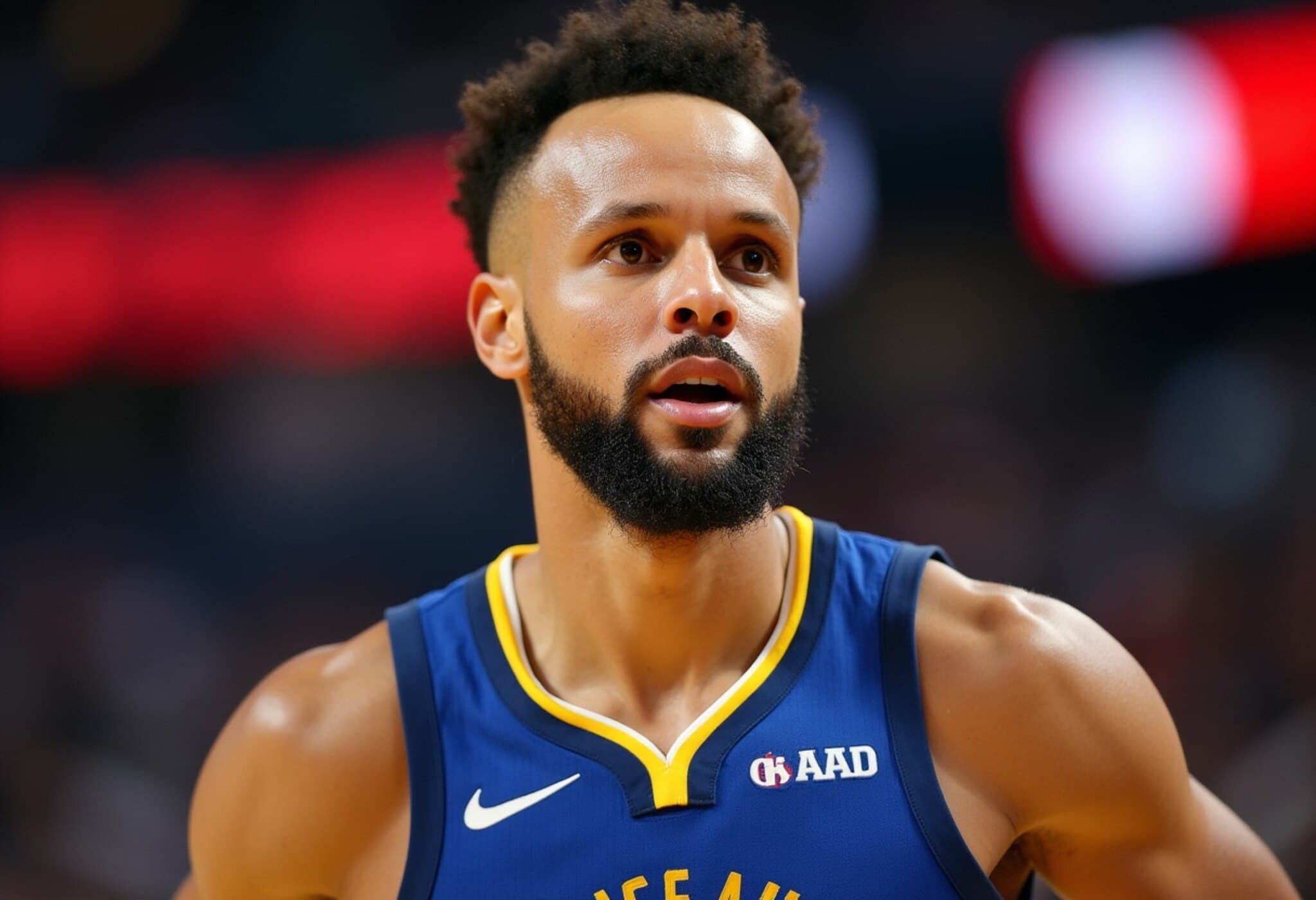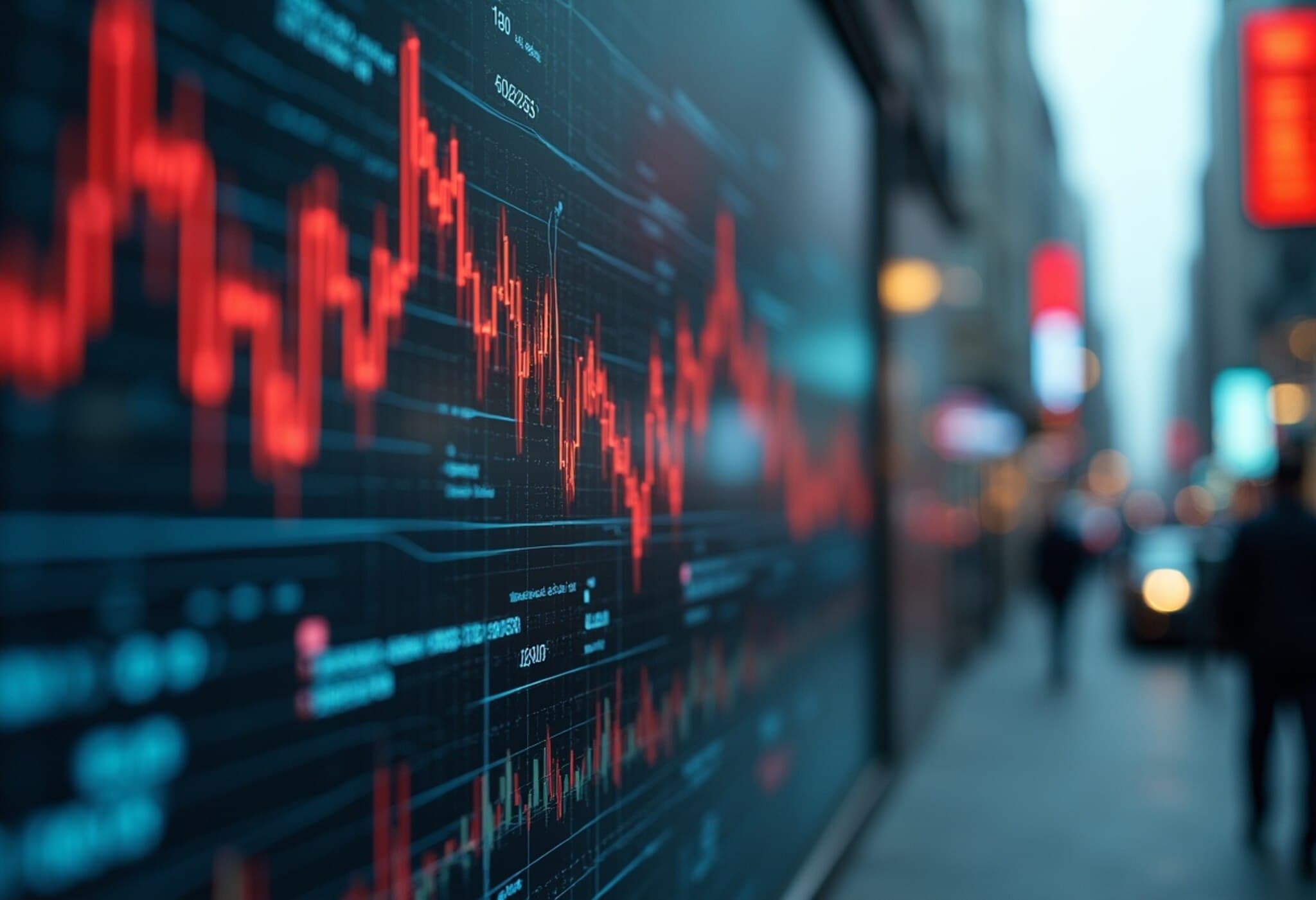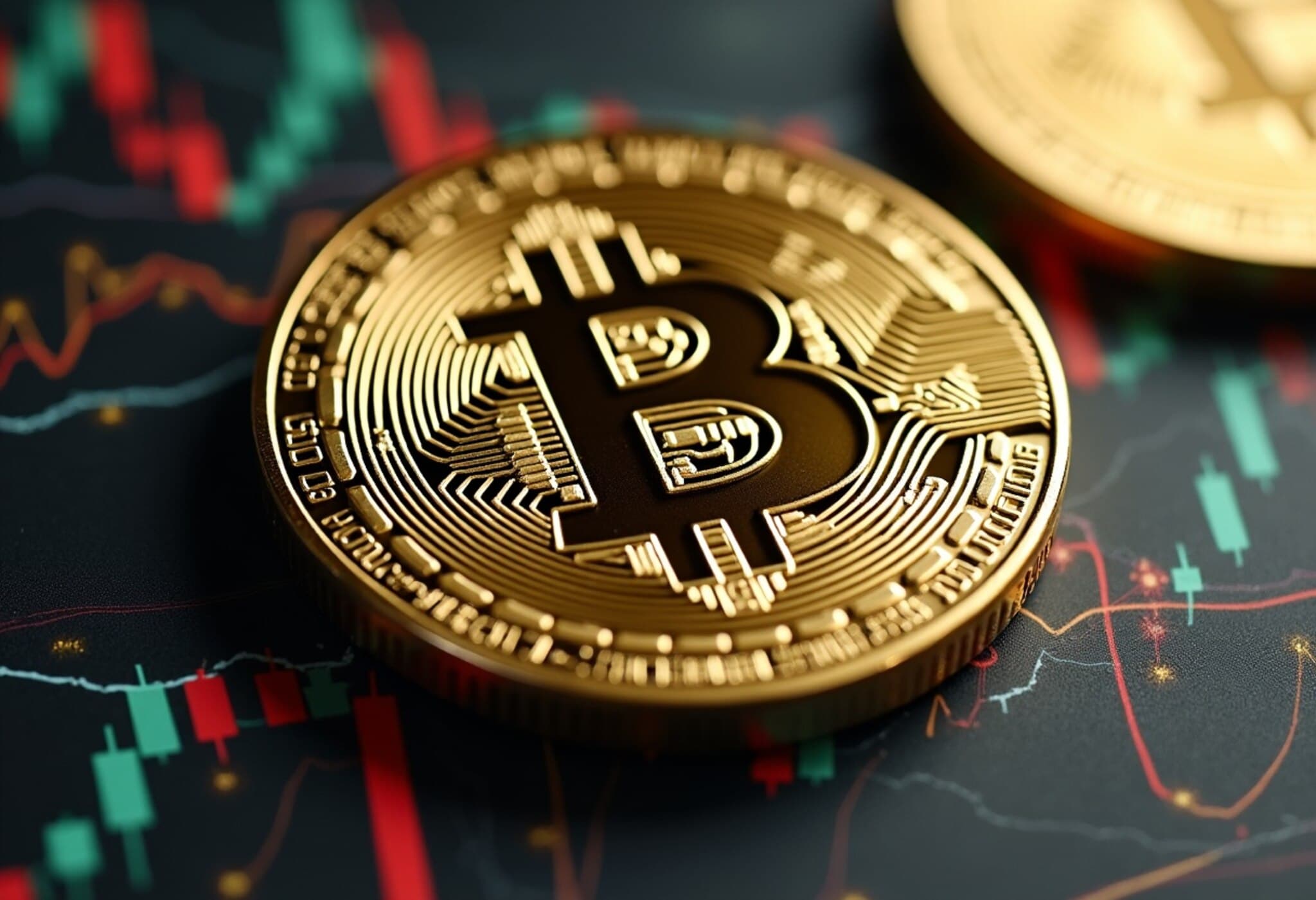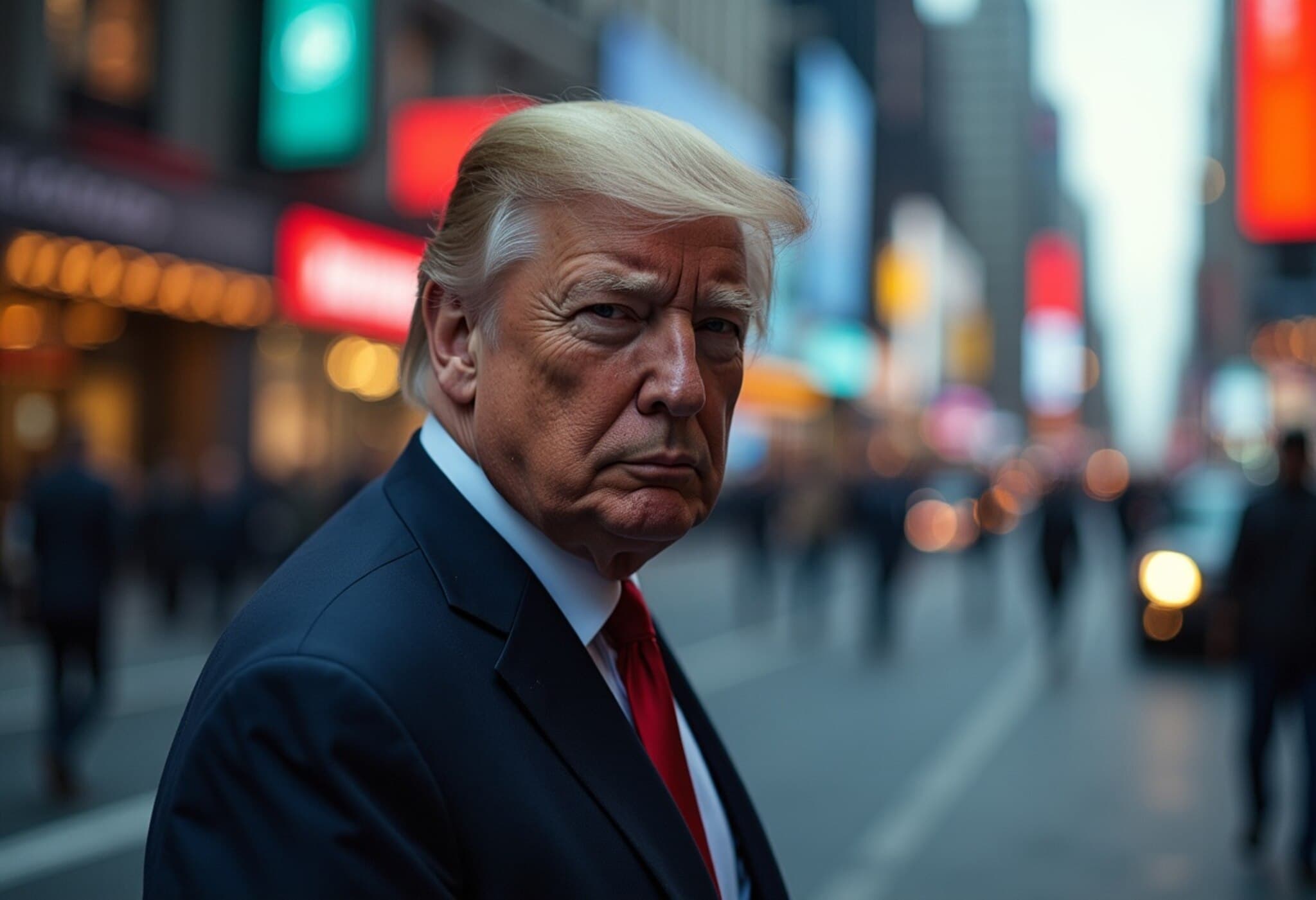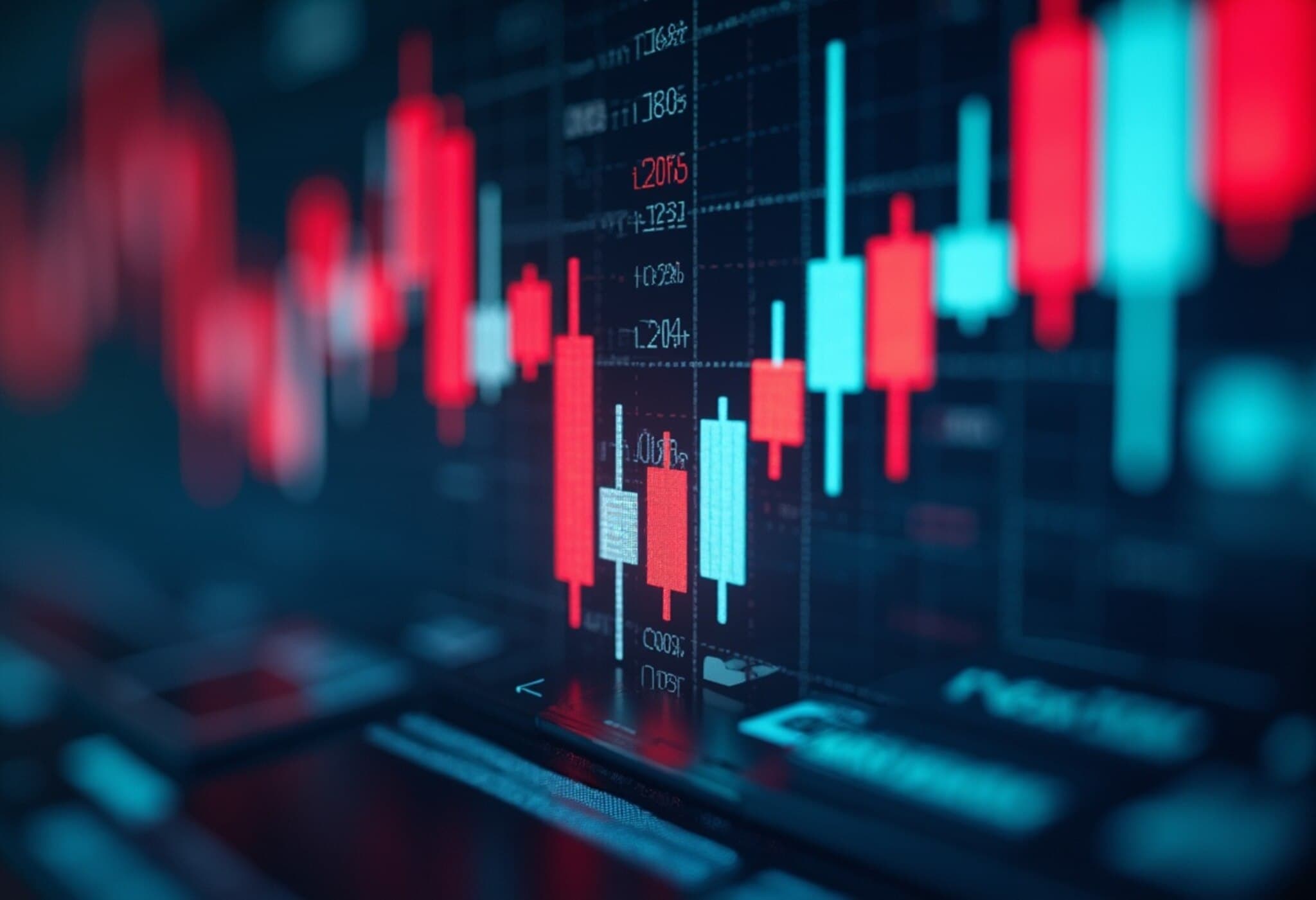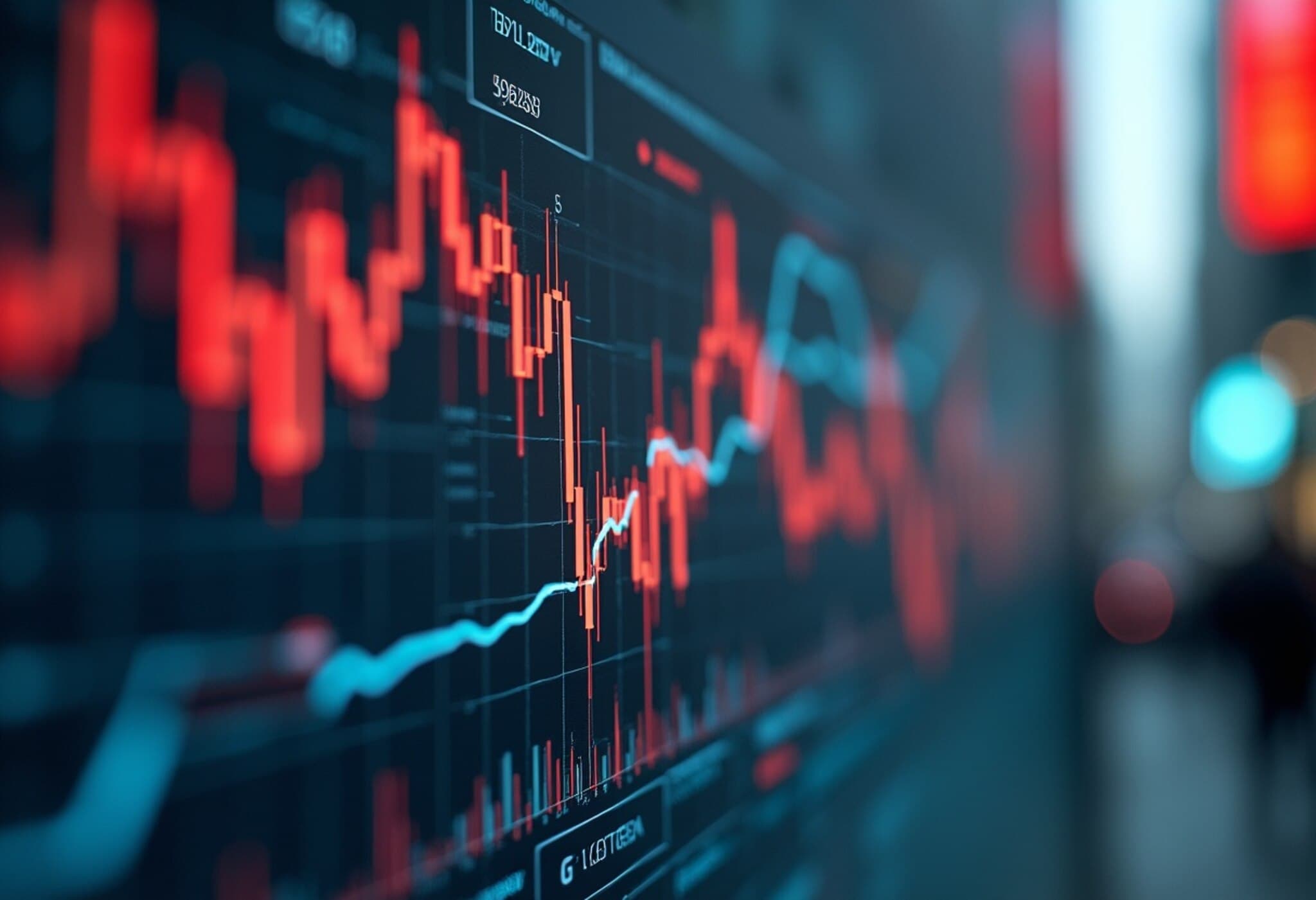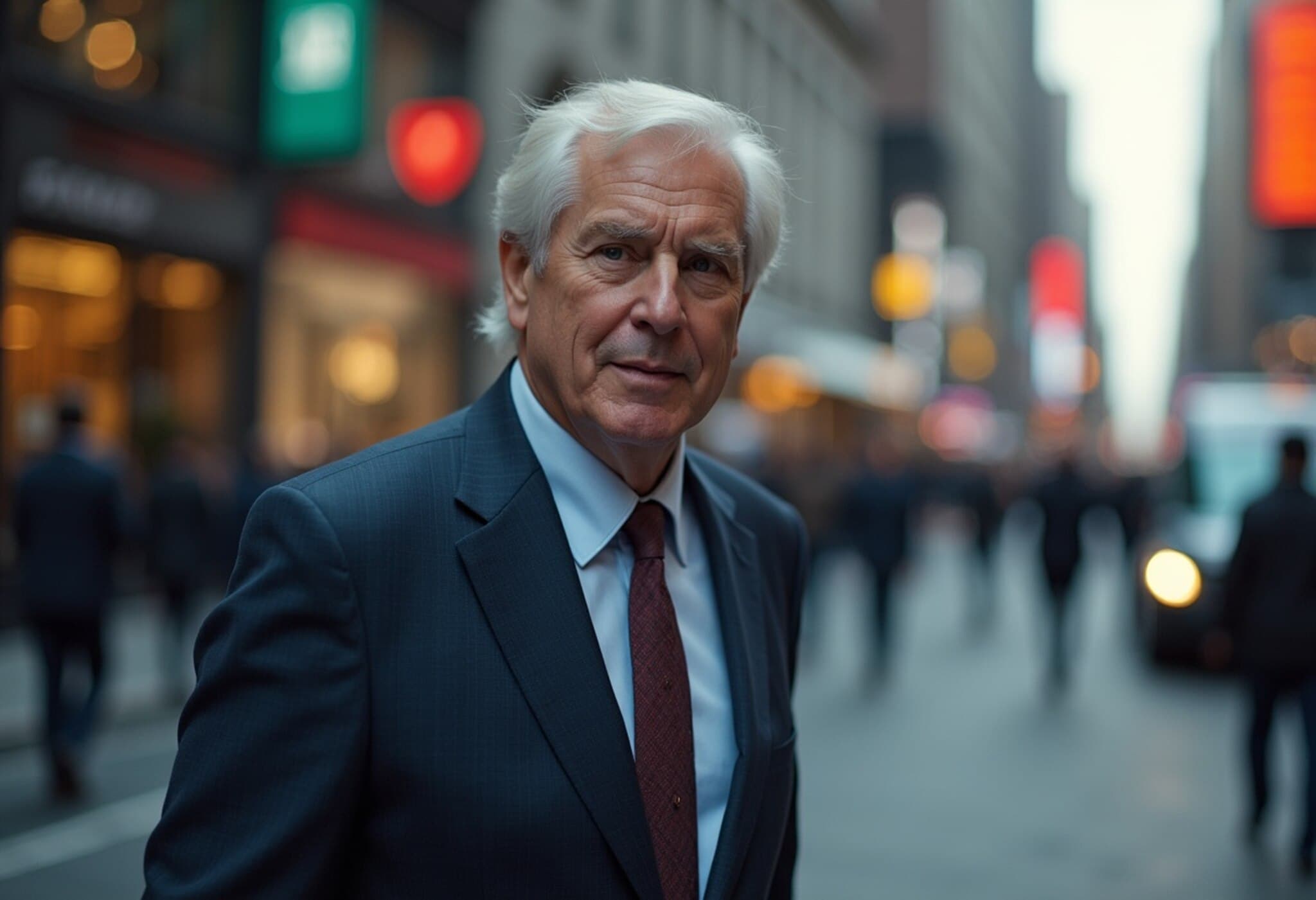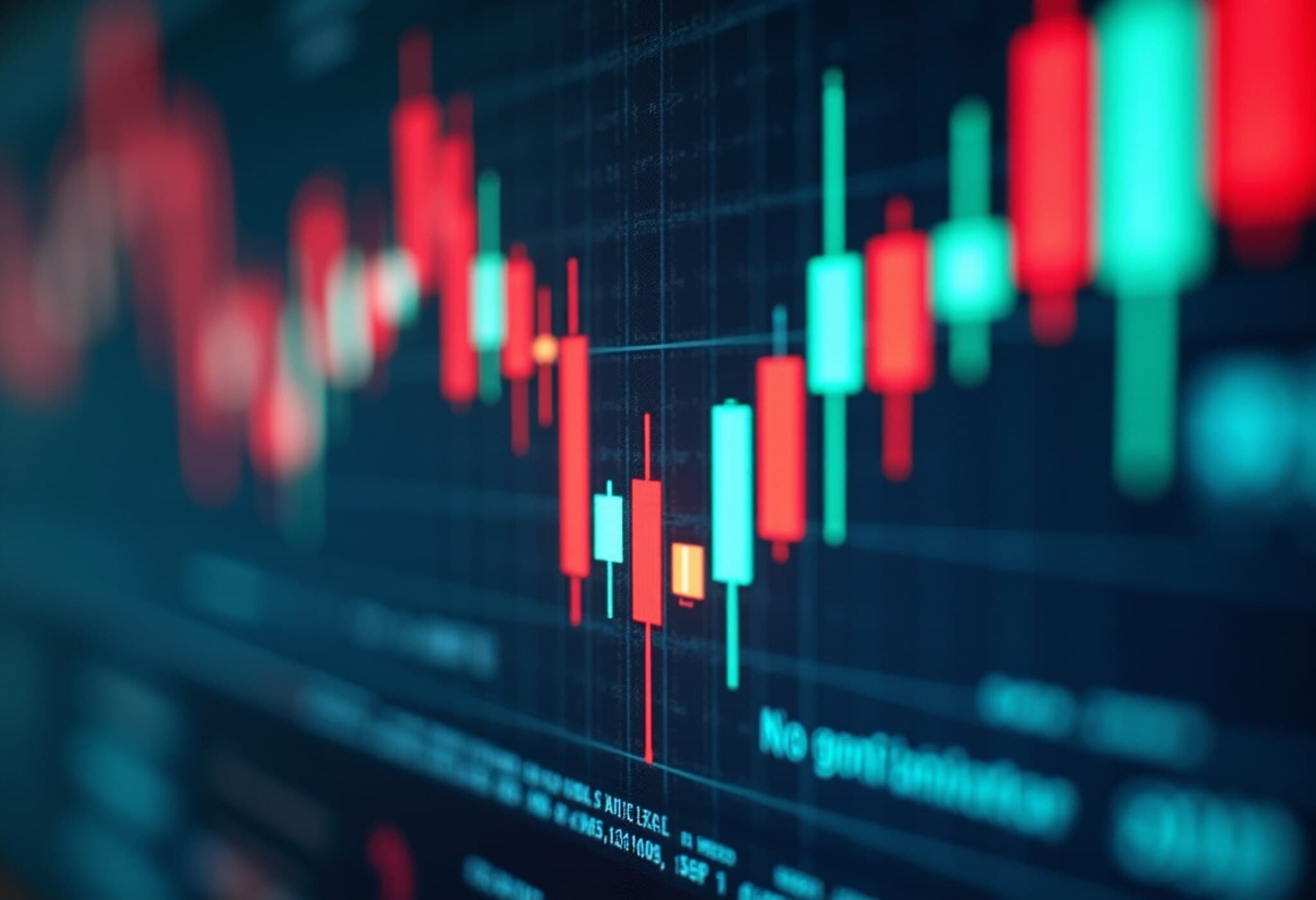The Rising Cost of Live Concerts and Financing Options
In recent years, the thrill of attending live concerts featuring megastars like Taylor Swift, Beyoncé, and Coldplay has been overshadowed by soaring ticket prices. Economists refer to this trend as "event inflation," where admission fees for movies, theaters, and concerts rose by 3.9% in the year ending June, as per the U.S. Bureau of Labor Statistics.
While fans eagerly line up for these memorable experiences, many have turned to innovative financing options, notably "buy now, pay later" (BNPL) loans, to manage the sticker shock. According to a recent LendingTree survey, approximately 23% of consumers have used BNPL loans to cover concert or festival tickets.
Generational Divide: Who’s Using Buy Now, Pay Later?
BNPL usage skews younger: 37% of Generation Z (ages 18-28) and 35% of millennials (ages 29-44) reported using these loans for entertainment. The percentage drops significantly with older generations—19% of Gen X (45-60) and just 3% of baby boomers (61-79) have done so.
Matt Schulz, LendingTree’s chief credit analyst, explains, "It’s a reflection of where these generations are in their financial lives. Younger adults often juggle tight budgets with a strong desire to partake in social experiences, leading many to stretch payments over time." His personal experience resonates with many: "In my 20s, I built credit card debt chasing after my favorite bands."
The Expert’s Alternative: Save with a Dedicated Concert Fund
Schulz offers a practical solution that moves away from accumulating debt. He advises fans to "carve out money in your budget as your ‘Beyoncé fund’ or ‘Taylor Swift fund.’" By setting aside regular savings specifically for entertainment, consumers can avoid high-interest costs and enjoy peace of mind.
Why BNPL Isn’t Always the Best Bet for Concert Tickets
BNPL solutions are attractive because they break down large expenses into manageable installments, often interest-free over a few weeks. Yet, not all BNPL plans are created equal. Some come with steep interest rates—up to 36% annually—and hefty late fees that can reach up to 25% of the purchase price.
Furthermore, BNPL programs may offer limited consumer protections. For instance, if a concert is canceled or rescheduled, recovering funds can be complicated or delayed, putting buyers at risk.
Credit Cards: Pros and Cons
Credit cards remain a popular alternative, despite generally higher interest rates. The average credit card rate hovers around 20%, but many cards feature purchase protections that BNPL plans lack. According to Greg McBride, chief financial analyst at Bankrate, "Paying with a credit card makes it easier to get a refund if the event is canceled or if there are disputes." Additionally, credit cards often offer reward programs that can subsidize entertainment expenses.
LendingTree’s data indicates that 65% of concertgoers plan to leverage credit card rewards to help cover their costs this year.
Financial Literacy and Consumer Protection in Entertainment Spending
This growing trend of financing entertainment through BNPL loans raises broader questions about financial literacy and consumer protection in the digital age. While the Federal Trade Commission recently updated rules to increase transparency in BNPL agreements, experts warn these changes won't necessarily reduce costs for consumers.
There’s a critical need for consumer awareness about the nuances of different payment options — something often overlooked amidst the excitement of securing tickets for high-demand concerts.
Looking Ahead: What Should Consumers Consider?
- Plan ahead: Creating a dedicated savings fund helps avoid impulsive spending and high-interest debt.
- Understand the terms: Scrutinize BNPL plans for interest rates, fees, and repayment timelines.
- Leverage protections: Use payment methods that offer buyer protections in case of cancellations or disputes.
- Check for rewards: Utilize credit card reward programs to maximize value on entertainment spending.
Editor’s Note
The devotion to live music is undeniable, but financing tactics like "buy now, pay later" loans come with hidden pitfalls that can impact financial health. While they offer convenience, the lack of uniform regulation and potential costs underscore the importance of deliberate financial planning. As ticket prices continue to climb, building a personalized "concert fund" may be the smartest ticket to both saving money and safeguarding financial well-being. Future discussions should widen to explore how consumer education and regulatory frameworks can keep pace with evolving payment options in entertainment and beyond.


